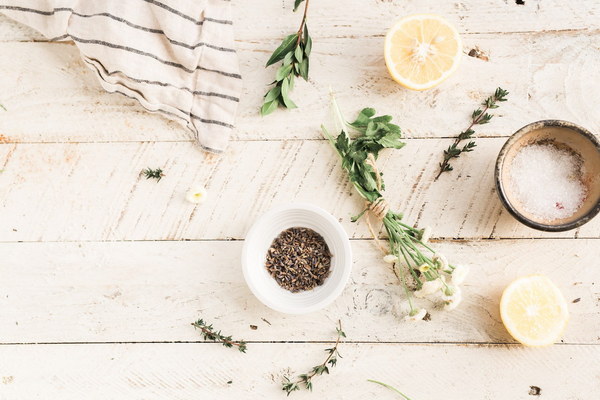Nourishing Recovery How to Start Replenishing Your Body Months After Surgery
After undergoing surgery, the road to recovery is a gradual process that requires patience, care, and the right kind of nourishment. Months post-surgery, your body has begun to heal, but it still needs the right support to regain strength and vitality. This article will guide you through how to start replenishing your body with essential nutrients and vitamins to ensure a smooth and effective recovery.
1. Consult Your Healthcare Provider
Before making any significant changes to your diet, it is crucial to consult with your healthcare provider. They will be able to assess your specific needs and provide personalized recommendations based on your surgery type, overall health, and any dietary restrictions you may have.
2. Prioritize Protein
Protein is essential for tissue repair and muscle growth, making it a vital component of your post-surgery diet. Include high-quality protein sources such as lean meats, fish, eggs, dairy, legumes, and plant-based alternatives like tofu and tempeh. Aim for at least 0.8 grams of protein per kilogram of body weight daily.
3. Increase Your Intake of Essential Fatty Acids
Essential fatty acids, such as omega-3 and omega-6, are crucial for inflammation reduction and overall health. Incorporate foods rich in these fatty acids into your diet, such as fatty fish (like salmon, mackerel, and sardines), flaxseeds, chia seeds, walnuts, and olive oil.
4. Focus on Nutrient-Dense Foods

To ensure you're getting all the necessary vitamins and minerals, focus on nutrient-dense foods. These foods provide a high amount of nutrients while being low in calories. Some examples include:
- Fruits and vegetables: Aim for a variety of colors to cover a wide range of nutrients.
- Whole grains: Foods like brown rice, quinoa, and whole-grain bread provide fiber and B vitamins.
- Nuts and seeds: These are packed with healthy fats, protein, and fiber.
- Low-fat dairy: Milk, yogurt, and cheese can be excellent sources of calcium and vitamin D.
5. Stay Hydrated
Hydration is essential for overall health and recovery. Ensure you're drinking enough water throughout the day by carrying a water bottle with you and setting reminders to drink. You can also incorporate herbal teas and broths into your fluid intake.
6. Manage Your Pain and Inflammation
If you're still experiencing pain or inflammation, it's essential to manage these symptoms effectively. In addition to your prescribed medications, consider incorporating anti-inflammatory foods into your diet, such as:
- Berries: High in antioxidants, they can help reduce inflammation.
- Leafy greens: Rich in vitamins and minerals, they support overall health and inflammation reduction.
- Fatty fish: Omega-3 fatty acids can help reduce inflammation.
- Turmeric: This spice contains curcumin, a compound with anti-inflammatory properties.
7. Gradually Increase Your Intake of Fiber
As your body heals, it's essential to introduce fiber gradually into your diet. Fiber helps maintain regular bowel movements and can prevent constipation, a common side effect of pain medications and reduced physical activity. Start with small amounts of fiber and increase slowly, incorporating foods like:
- Fruits and vegetables
- Legumes
- Whole grains
- Nuts and seeds
8. Monitor Your Progress
As you begin to replenish your body with essential nutrients, monitor your progress. Pay attention to any changes in energy levels, pain, and overall well-being. If you notice any adverse effects, consult your healthcare provider for guidance.
In conclusion, months after surgery, it's essential to start replenishing your body with the right nutrients to support your recovery. By working with your healthcare provider, focusing on protein, essential fatty acids, and nutrient-dense foods, you can help ensure a smooth and effective healing process. Remember to stay hydrated, manage pain and inflammation, and gradually increase your fiber intake. With the right approach, you'll be well on your way to regaining your strength and vitality.









